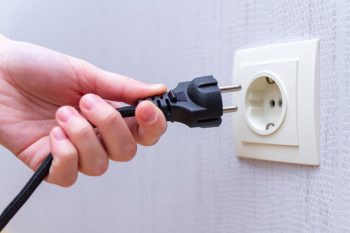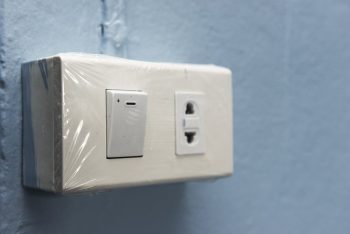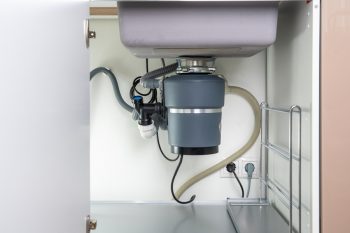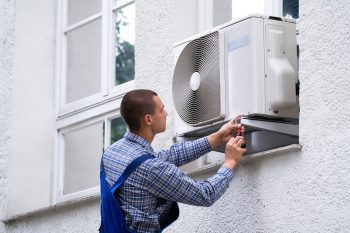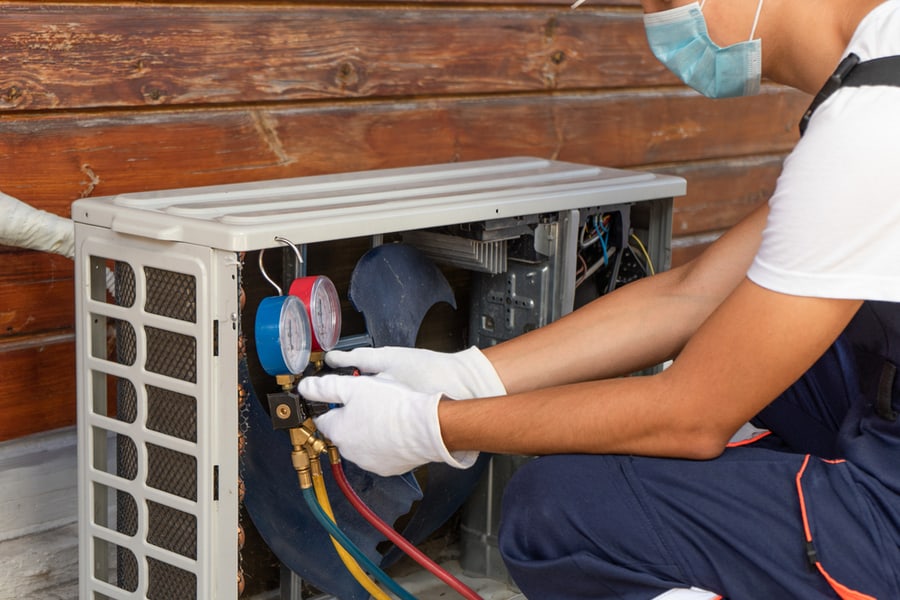
Are you worried your AC won’t work properly or effectively in the summer? During summer, many people, including you, depend on air conditioners to keep them relaxed and cold.
Many times, however, air conditioners stop working efficiently during this period. Many reasons could account for this. Sometimes, the problem can be from the thermostat, compressor, or low refrigerant.
One of the most expensive issues ACs encounter is a refrigerant leak because you can’t fix it on your own.
Also, if the leak is not fixed quickly, it can lead to a more severe issue. You need the help of a professional AC repair.
However, before you request the service of an AC repairs professional, these signs will let you know if your AC is low on refrigerant:
- Abnormal sound from the AC.
- Accumulation of ice on the refrigerant line.
- AC not blowing cool air while working.
- Vents produce warm air.
- Abnormally high electric bill.
In this article, we’ll be explaining the above-outlined signs. In addition, we’ll also explore some other problems that may cause your AC to work ineffectively and how to fix the issues. First, let’s explain how freon works.
What Is Freon?
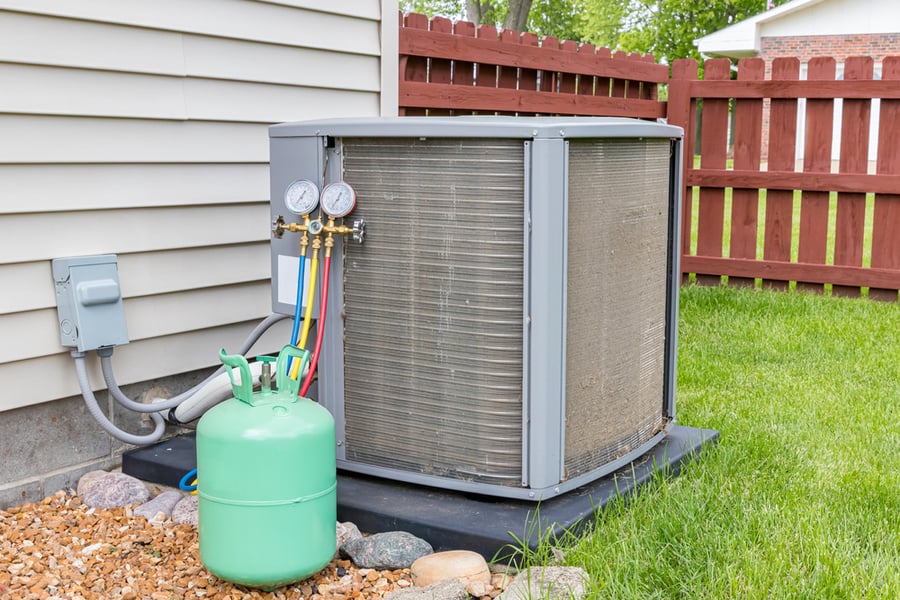
Freon, also known as R-22, is a refrigerant used in most AC. It’s a non-combustible gas with a unique ability to interchange between a gaseous state and a liquid state to make your home cool – the evaporator and the condenser of the AC help in this process.
Many people use refrigerant and freon interchangeably. They refer to all refrigerants as freon. It’s, however, essential to understand that a slight difference exists between both.
Freon is a particular type of refrigerant. It’s a trading name just like Jaguar and Toyota in the automobile industry. You can use refrigerant gas manufactured by other brands.
To identify the type of coolant you use, look at the nameplate or read the owner’s manual.
Summarily, not all refrigerants are manufactured by freon.
Apart from air conditioning, freon is also used in cold storage warehouses and the transportation of food. Humidifiers also make use of Freon.
How Does Freon Work?
When your air conditioning system compresses the freon gas, the pressure increases, then the freon in the AC becomes very hot.
In your AC, there are a series of coils through which the hot freon gas moves. The heat reduces when the hot gas moves along these coils, and the gas becomes liquid.
The freon liquid absorbs heat from the outer air and then blows out cold air. Hence the comfort in your home results from the cycle of the hot air coming into the AC and the cool air going out.
When Does Freon Finish?
As explained above, every AC system needs a refrigerant to work. Since the freon works in a closed system, it can never be run up on its own.
Unlike fuel, the refrigerant can only finish or become low if there’s a leak or any other issue in the system. When the refrigerant leaks, the AC system no longer blows cold air.
A leak in the system can be caused by the following:
- Rusting of some parts of the unit.
- Wear and tear of the AC system.
- Pinhole leak as a result of formic.
- Formaldehyde.
Refrigerant leaks are very harmful to the ozone. It can also cause severe damage to your walls, floors, or sometimes your ceilings.
Hence, whenever you notice a refrigerant leak in your AC system, you must contact a professional AC technician as quickly as possible.
However, how can you ensure that your AC system has developed a leak or is running out of freon? That’s what we’ll be covering in the next section.
How To Know If Your AC Needs Freon
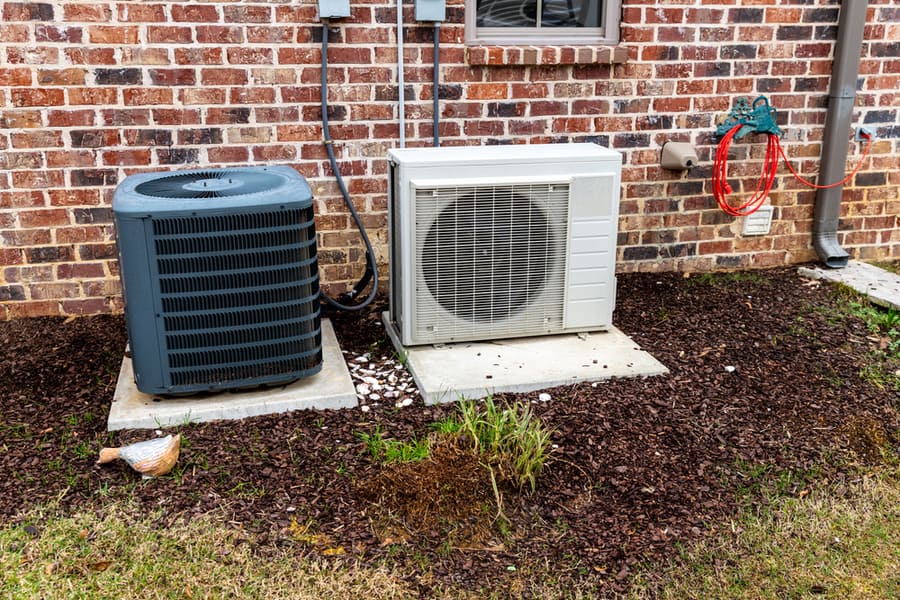
In this section, we’ll look at the signs to look for if you think your AC is low on freon.
Abnormal Sound From the AC
As explained, your AC can only be low on refrigerant if there’s a leak in the system. This leak can cause an abnormal sound like bubbling or hissing, which you can faintly hear from the AC system.
Sometimes, you may not hear the sound if the leak is tiny, but you can notice it if it is large.
If the leak sounds like a bubble, it indicates that the freon is leaking in a liquid state, while a hissing sound means leakage in a gaseous state.
Accumulation of Ice on the Refrigerant Lines
When the freon in the AC unit becomes low, the system’s temperature becomes lowered below the average temperature designed for the system, resulting in the accumulation of ice on both the evaporating coil and the refrigerant line.
So, whenever you suspect your AC is running out of freon, look closely at the refrigerating lines of your AC to know if ice accumulates on it.
When the problem of ice accumulation on your refrigerant line is not resolved on time, a more dangerous and expensive problem can arise.
When there’s an ice build-up for a long time, the refrigerant can move to the AC compressor, which could cause severe damage. Hence, it’ll cause an expensive repair.
AC Not Blowing Cool Air While Working
As you know, the AC cannot perform its work effectively without freon or refrigerant. So, when you notice that your AC is not cooling the home while working, that can indicate a lack of refrigerant.
At first, when the AC starts running low on freon, it blows cold air slowly, but as the freon finishes, the AC stops blowing cold air. And then this happens…
Vents Produce Warm Air
When your AC lacks freon, warm air starts coming out since it can no longer blow cold air.
The lack of freon will make your AC lose its ability to absorb heat from the air. This eventually results in making the air coming out of the AC vent warm.
If you notice that your AC is not cooling the house and blowing out warm air, this might be a sign that your AC needs freon.
This could also result in…
Abnormally High Electricity Bill
If your AC stops blowing out cold air and starts blowing out warm air because of a lack of freon, it’ll have to work extraordinarily hard, and there will be an excessive waste of electric energy. Hence, there might be a difference in your utility bill.
Whenever you notice an abnormal hike in your electricity bill without you making any substantial change in your temperature usage, it might be a sign that your AC system needs more freon.
It’s important to state that the above signs are not enough to conclude that your AC needs more freon. Because apart from the refrigerant problem, other mentioned signs can also be caused by other factors.
For example, a high electric bill can be caused by the following:
- Clogged air filter.
- Size of the AC compared to the size of your home.
- Age of your AC system.
Also, closed vents and dirty air filters can cause ice build-up. Moreover, warm air from the AC can also be caused by a clogged air filter.
However, the hissing or bubbling sound is the only indicator peculiar to refrigerant leaks alone, and you must have it repaired as soon as possible.
What Should You Do?
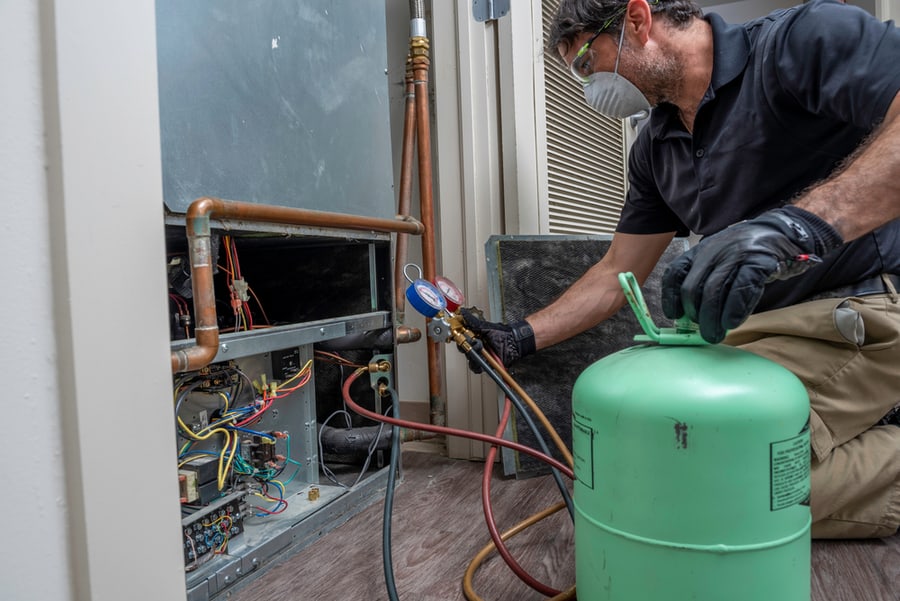
Call for a professional AC repair service whenever you notice a refrigerant leak. Don’t try to fix the issue yourself if you do not have the required technical background.
As explained, your AC only needs more freon if there is a leak. However, do not try to add refrigerant gas to your AC because refrigerant can freeze your skin or sometimes can cause eye blindness if not appropriately handled.
Also, the AC can have another problem apart from freon leaks. Adding too much freon can lead to a more severe issue in the compressor.
Conclusion
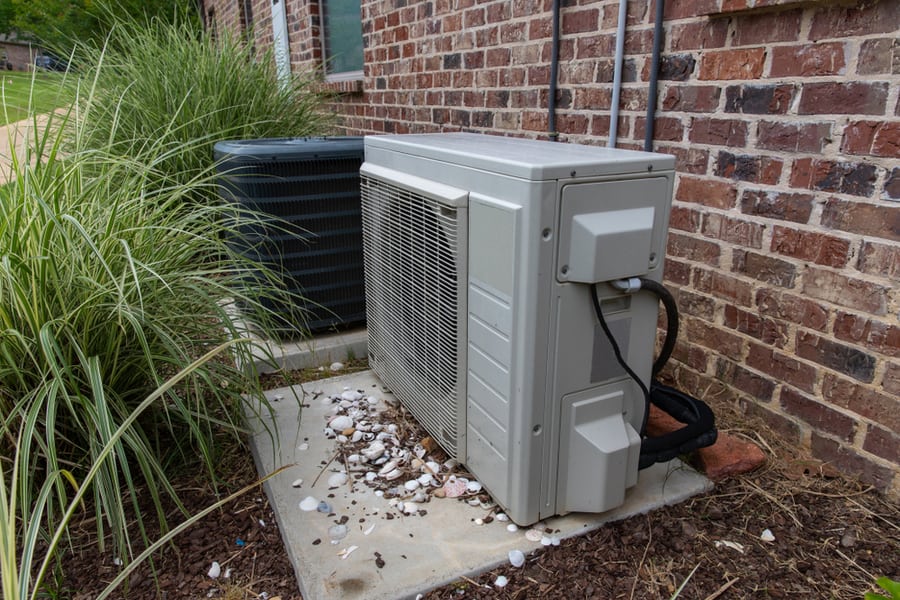
The freon is the blood of an AC. Without it, the AC cannot work effectively. It’ll not blow cold air to make your home comfortable.
Freon is a specific type of refrigerant, so they are mostly used interchangeably.
Your AC can only need more freon if there’s a leak in your AC system. Otherwise, the freon can never be used up.
The leak can result from the corrosion of some parts of the AC unit, pinhole, or formaldehyde.
If you think your AC is running out of freon or needs more freon, look for these signs in your AC to clue you in:
- Abnormal sound from your AC unit.
- Abnormally high electric bill.
- Warm air coming out of the AC.
- AC is not cooling air while working.
Whenever you notice a freon leak, contact a professional AC technician as soon as possible. Because delaying it further can be dangerous to you, the ozone, and some parts of your home.
Also, ensure he fixes all leak issues before refilling the AC with freon to avoid the same problem from happening again.
Frequently Asked Questions
What Happens When Freon Is Low in AC?
Whenever your AC is low on Freon, it slowly blows out cold air. When there’s no more Freon in the AC, it stops blowing cold air and starts producing warm air, which makes you feel uncomfortable.
When it’s not fixed on time, it can cause damage to the compressor. This results from the ice accumulation on the refrigerating line caused by the low refrigerant.
How Often Does Freon Need To Be Added to AC?
NOT ANY TIME. Freon can never be used up in an AC. Unlike fuel, it does not finish at all. So, you shouldn’t have to add freon if everything is normal.
You can only add freon to your AC when there’s a leak in the AC system. And once it’s fixed, you won’t need to refill it any longer.
How Much Does It Cost To Fill Freon in AC?
The price of filling Freon varies depending on factors like the AC’s grade and your area.
Generally, it can range from $120 to $400 on average. Contact your professional AC technician, tell him what you need, and he’ll quote the price accordingly. Remember to tell him the grade of freon your AC uses – R143, R12, etc.

